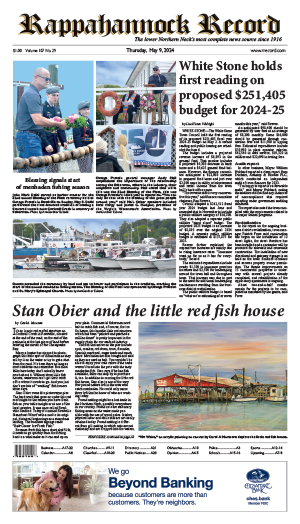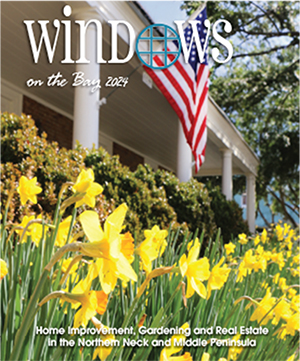by Henry Lane Hull
This past Sunday we made a family excursion over to Williamsburg to see director Joe Wright’s new film, “Darkest Hour,” which dramatizes the coming to power of Winston Churchill as prime minister of Britain and his first month in office.
In short, it is the best movie I have seen in many years. The plot, written by Anthony McCarten, is basically historically accurate, although I have an abiding doubt that Churchill rode in the underground (British for subway) while prime minister.
The casting and makeup are exceptional. Ronald Pickup, an English actor of 77, well known for his role in “The Best Exotic Marigold Hotel,” and its sequel, was cast as Neville Chamberlain, who was 70 at the time. His appearance was totally realistic, although in real life he does not resemble Chamberlain at all.
Stephen Dillane as Lord Halifax was equally convincing, and David Schofield as Clement Attlee was extraordinarily absorbing. The latter two actors were made real by having their hair, or lack thereof, transformed to the image of their parts with such complete realism that the viewer thinks he or she is watching a documentary more than an exercise in dramatic license. The real Lord Halifax was familiar to Americans during the Second World War because of his banishment to Washington as British ambassador for six years as Churchill’s way of getting him out of Britain due to his previous support for appeasement of Hitler.
Churchill, played by Gary Oldman, is an absorbing character throughout the film, precisely as he was in real life. Interestingly, the prime minister, well known for his fondness for brandy and champagne, is played by a member of Alcoholics Anonymous, one who has attributed his theatrical success to the influence of that organization. Gary Oldman previously has played Ludwig von Beethoven in the film, “Immortal Beloved,” as well as having appeared in Harry Potter films. He is a great actor and quite persuasive in his presentations. He seems to specialize in eccentrics and does them brilliantly.
Upon taking office in May of 1940, Churchill faced the very real prospect of presiding over Britain’s defeat by Nazi Germany. He was able to rally his nation to resist until the United States would come into the war on Britain’s side, over a year-and-a-half later. The film describes the days leading up to the evacuation of the British forces at Dunkirk, France, without which defeat would have been inevitable. Later in his history of the war, in truth his memoirs, Churchill referred to the Dunkirk evacuation as Britain’s finest hour.
Throughout, the scenery was choreographed as aptly as the actors’ makeup. On a family visit to England eight years ago we spent half a day touring Churchill’s War Rooms, now open to the public as one of the major tourist attractions in London. To have seen the primitive conditions under which he, the cabinet and general staff lived for over five years made the cinema presentation all the more believable.
When he died in London at Hyde Park Gate in 1965 and following his state funeral at Saint Paul’s Cathedral, Churchill was buried in the churchyard at Bladon, outside the gates of Blenheim Palace where he had been born 90 years earlier.
The most important lesson in “Darkest Hour” is that freedom is not free, regardless of where, when or how one enjoys it, for it can be taken away if not guarded and treasured as the most basic human right. This film lasts two-and-a-quarter hours, with not a second of lull time, demonstrating that history can be as enthralling as fiction.
Dead now for over a half-century, Churchill has slipped into history, but “Darkest Hour” brings him very much back to life, still able to teach us important points as we progress though the challenges of our own time.












